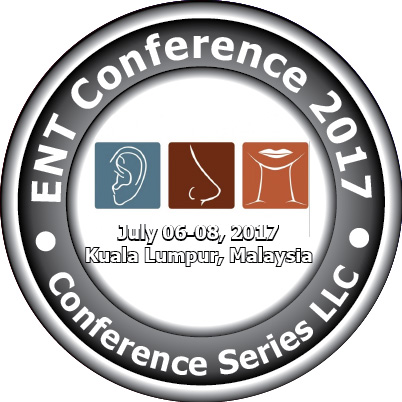
Ahmad A. Alanazi
King Saud bin Abdulaziz University for Health Sciences, KSA University of Arkansas for Medicla Sciences, USA
Title: The 1-3-6 Timeline Interprofessional Simulation Training
Biography
Biography: Ahmad A. Alanazi
Abstract
Early detection of congenital hearing loss is critically important. Research tells us that if we find out a baby has hearing loss early, we can begin interventions and improve a child's ability to develop language and to learn and develop social skills. Universal neonatal hearing screening was legislated in many countries with a goal of meeting the 1-3-6 timeline (identification of hearing loss by one month, diagnosis by three months, and intervention by six months). This early identification and habilitation of deafness offers the child the best chances to develop communication skills commensurate with their typically hearing peers. The process of hearing loss identification, diagnosis, and intervention requires interprofessionl education/practice (IPE/IPP) between ENT specialists, audiologists, speech-language pathologists, and other healthcare professionals. However, much misinformation exists among healthcare professionals with reagard to this timeline. The Joint Committee on Infant Hearing reported that there is a shortage of professionals with skills and expertise in both pediatrics and hearing loss. This misinformation also appears among parents. For instance, the Arkansas loss-to-follow-up/loss-to-documentation rate was more than 70% in 2014. Therefore, the importance of IPE/IPP has been recognized by the Institute of Medicine as a major contributor to improving healthcare outcomes across the lifespan. The use of simulation (i.e., manikins and standardized parents who represent specific scenarions) can help to: (a) conduct infant hearing screening and diagnosis, (b) counsel the parents regarding the results and next steps in the hearing loss identification and re/habilitation process, and (c) appreciate the benefits of the 1-3-6 timeline.

